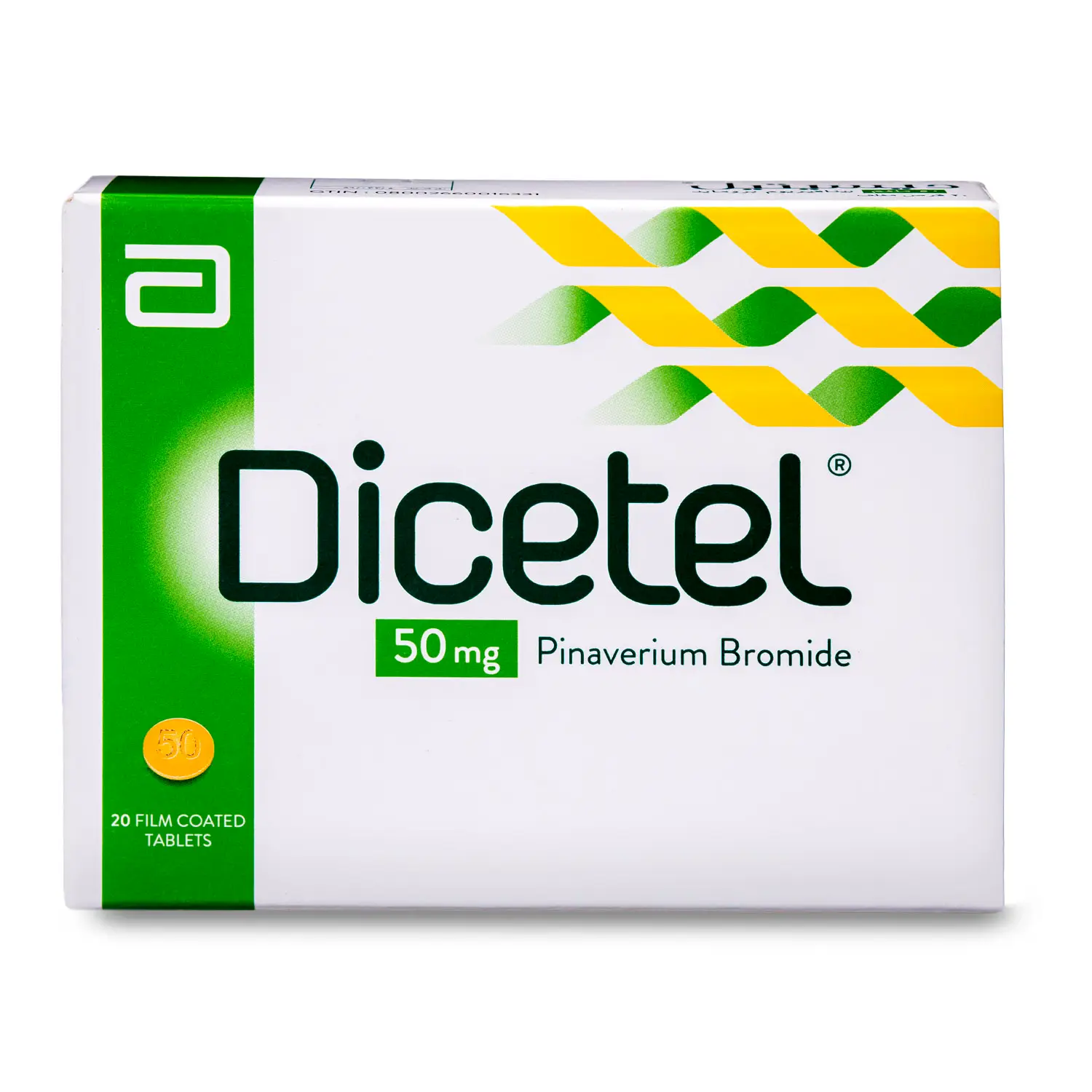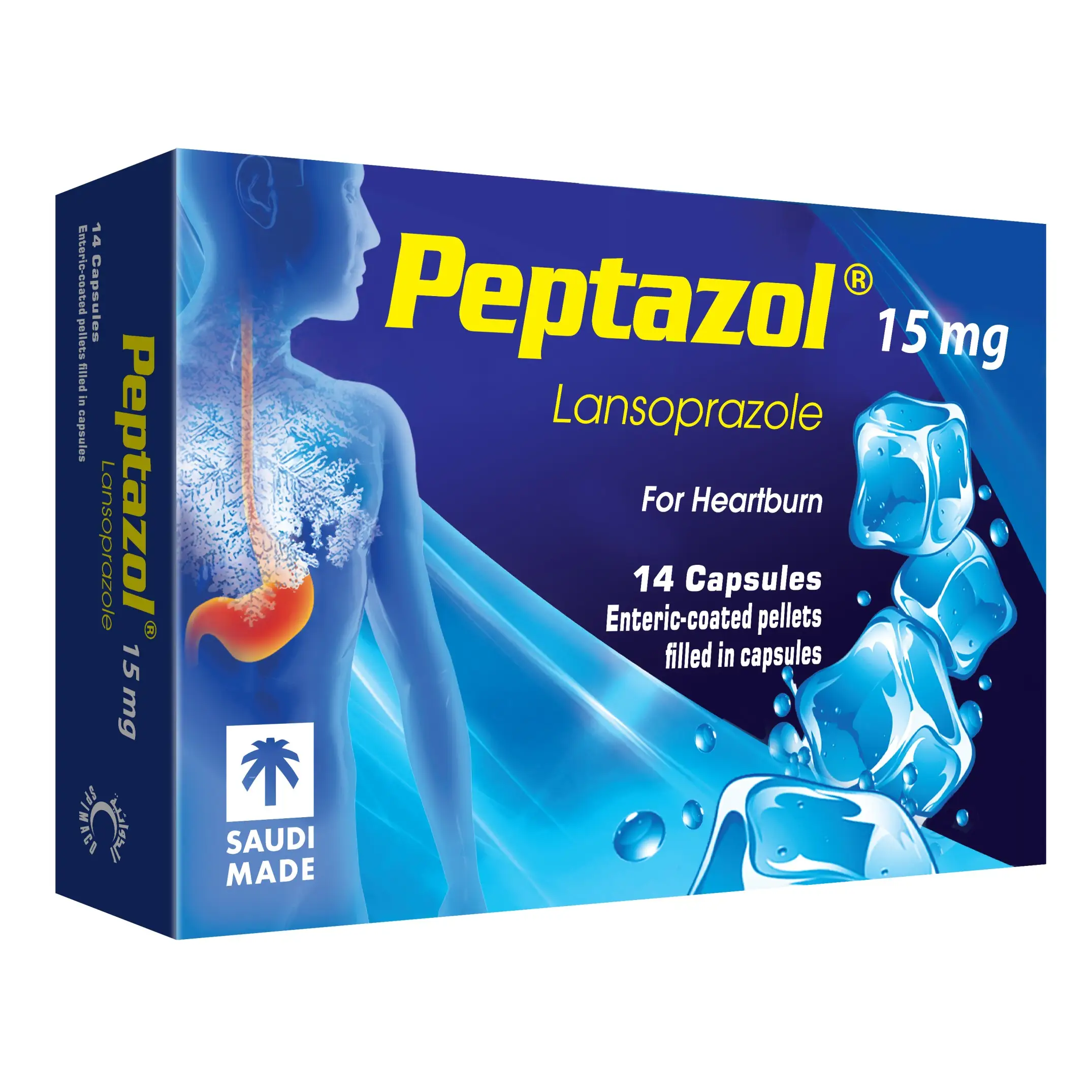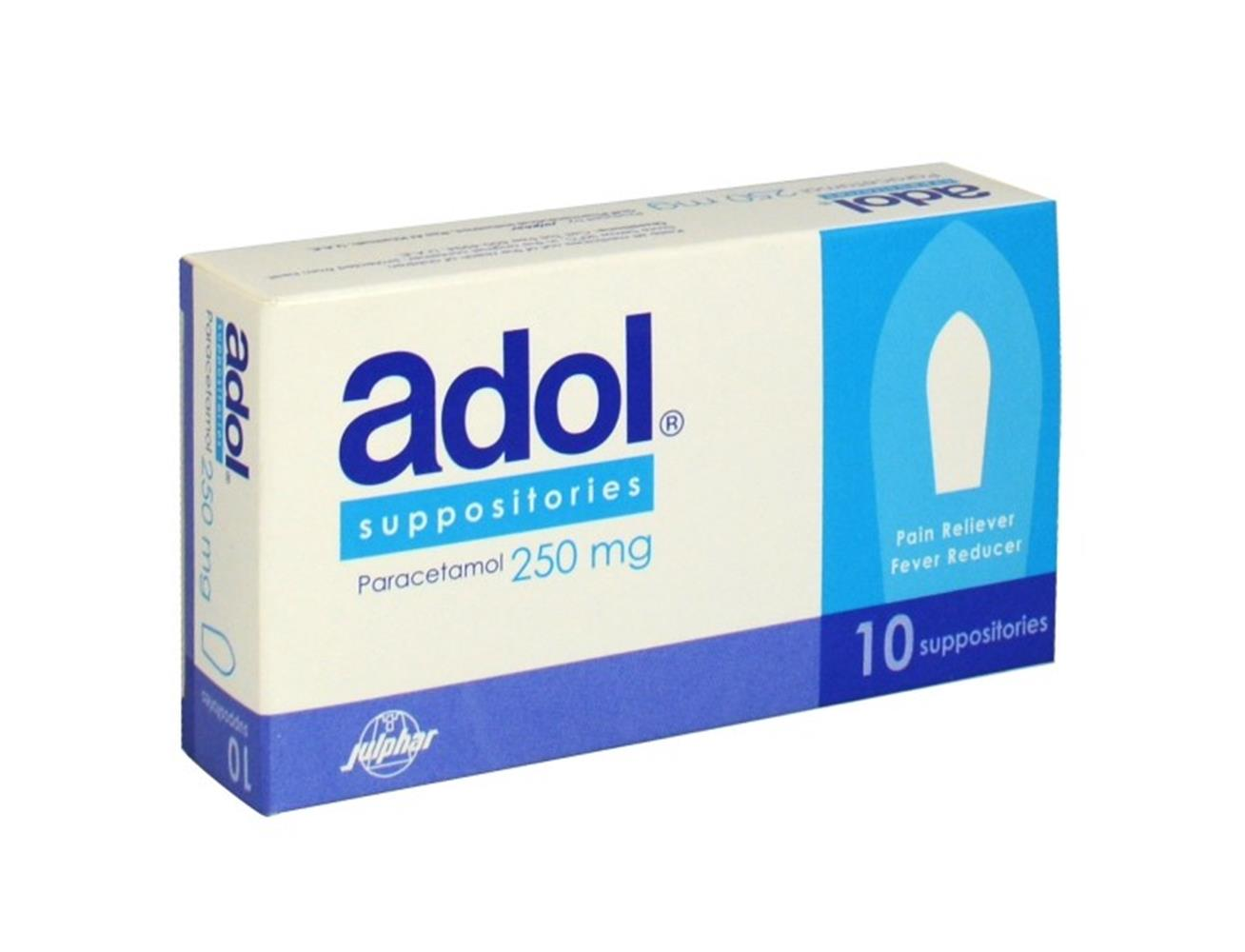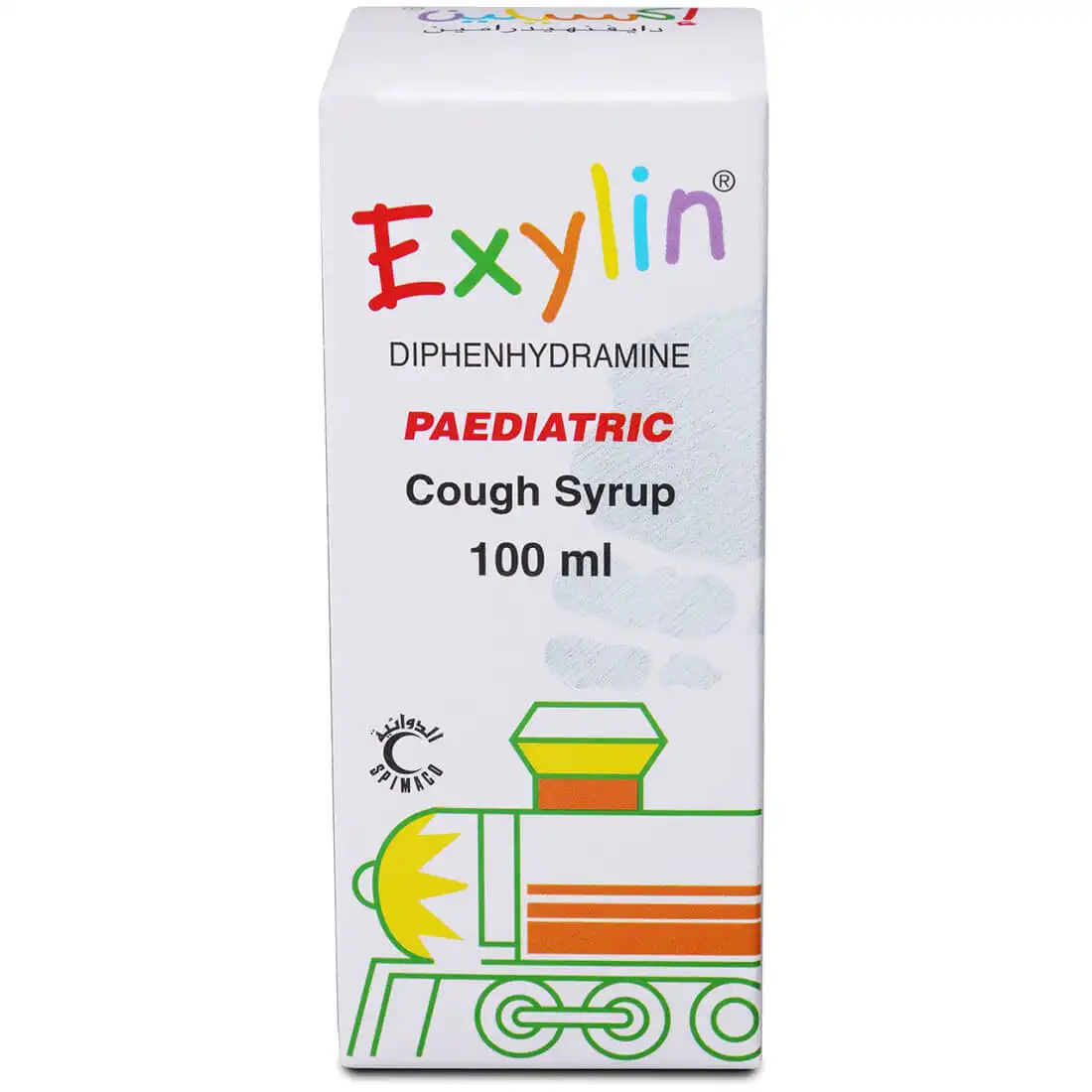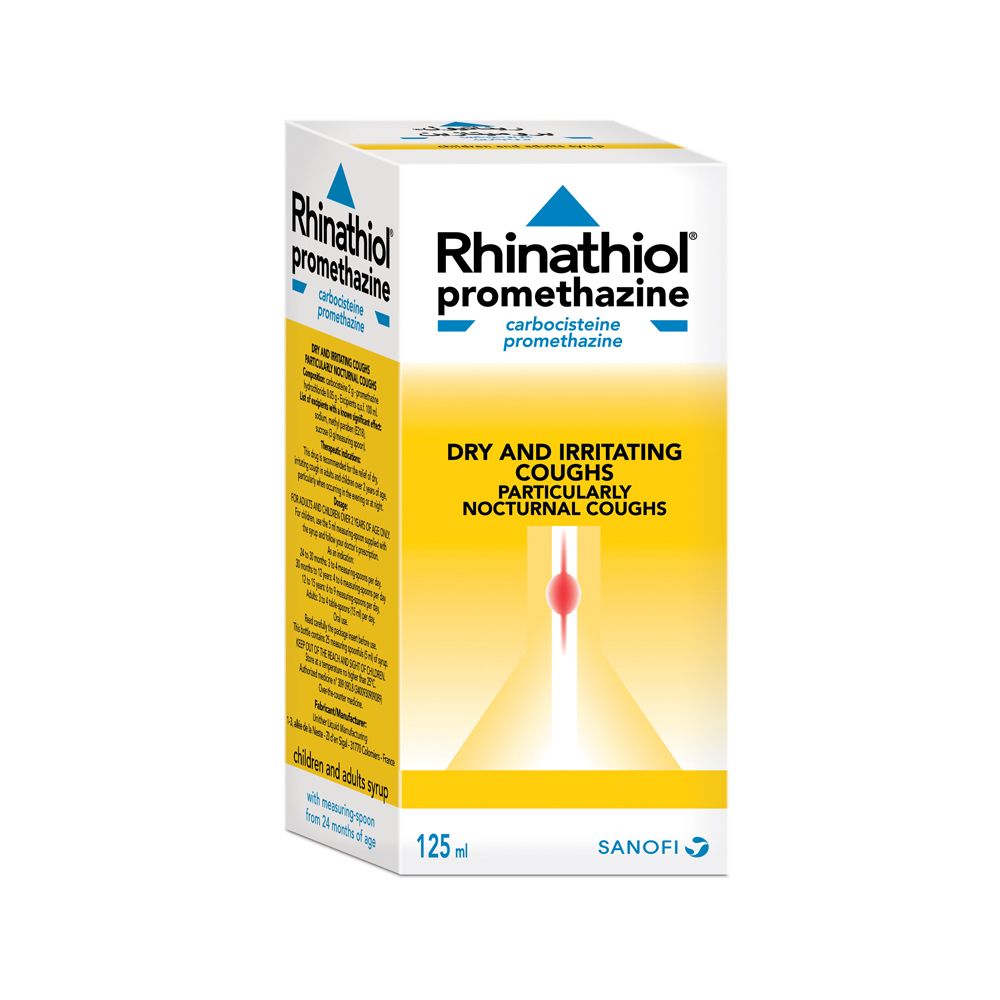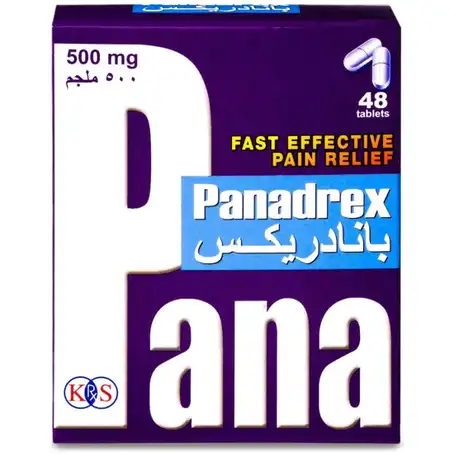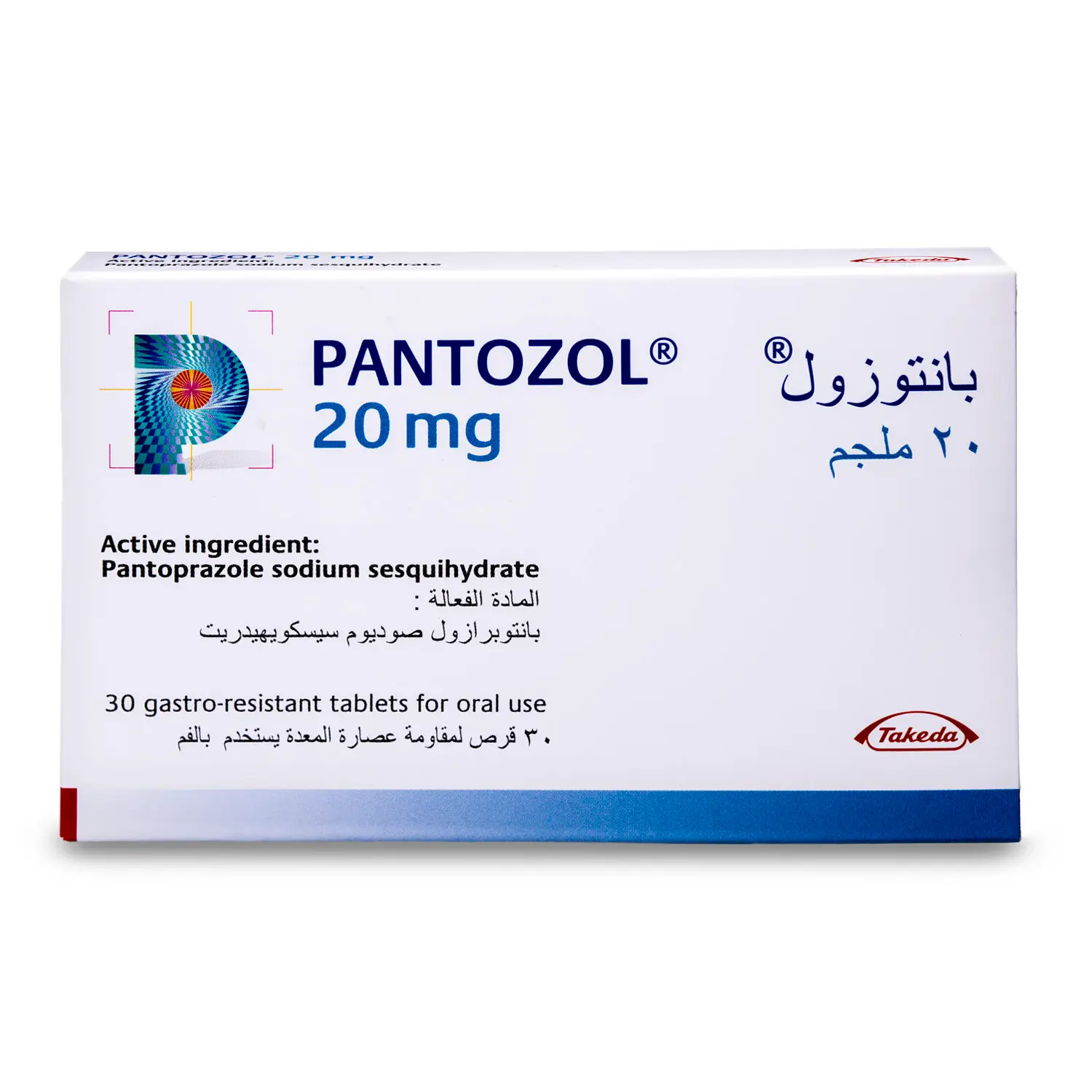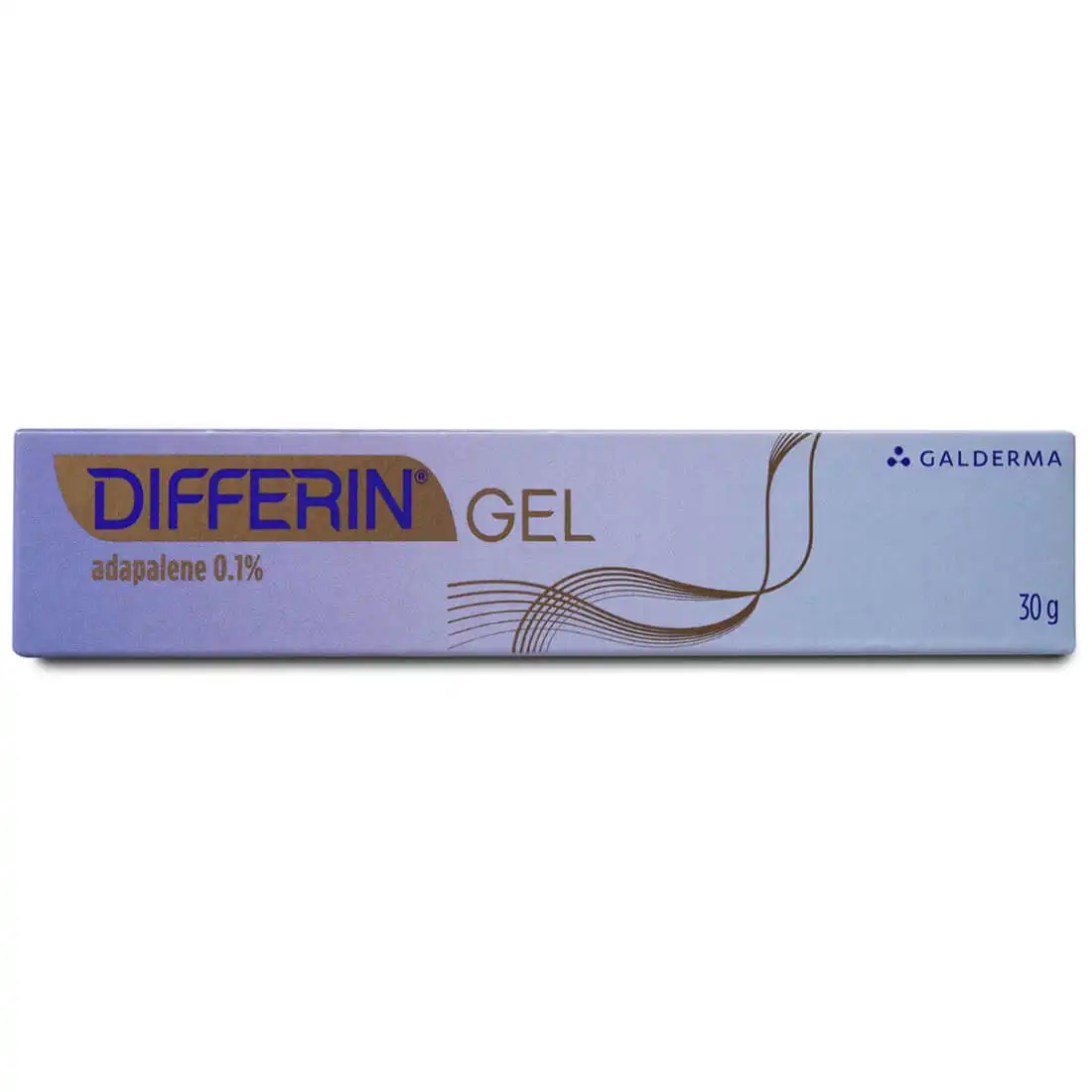| Image | Name | Price |
|---|
Verify OTP
OTP has been sent to
Verify OTP
OTP has been sent to
Cart Total
Get notified when this product is available
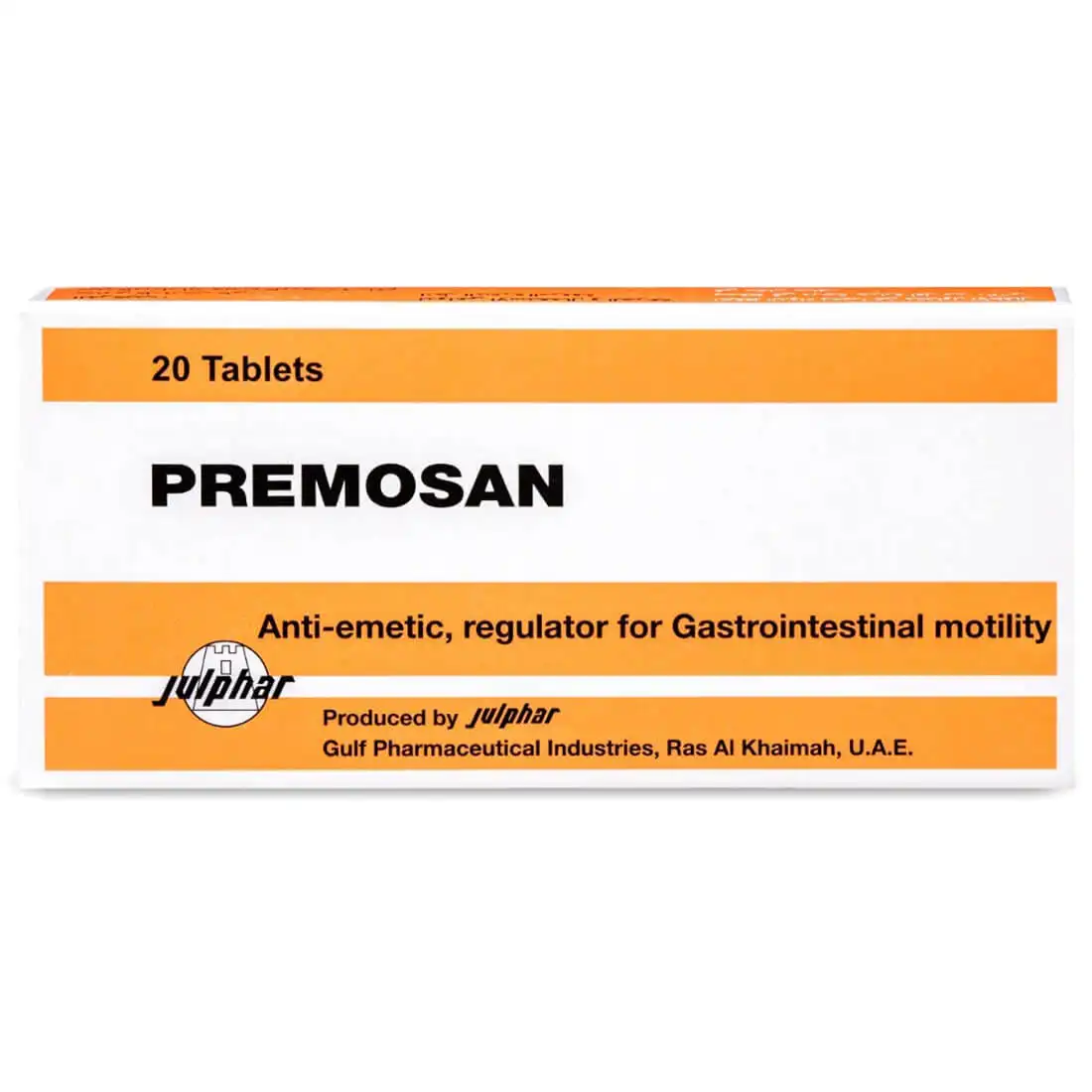




Product Description:
- Metoclopramide increases muscle contractions in the upper digestive tract.
- This speeds up the rate at which the stomach empties into the intestines.
- Metoclopramide oral (taken by mouth) is used for 4 to 12 weeks to treat heartburn caused by gastroesophageal reflux in people who have used other medications.
How To Use:
Usual Adult Dose for Gastroparesis
Oral:
- 10 mg orally 30 minutes before each meal and at bedtime for 2 to 8 weeks, depending upon response and the likelihood of continued well-being upon drug discontinuation
Maximum dose:
- 40 mg/day
Maximum duration of therapy:
- 12 weeks
For the relief of symptoms associated with acute and recurrent diabetic gastric stasis/gastroparesis:
Usual Adult Dose for Gastroesophageal Reflux Disease
Oral:
Symptomatic gastroesophageal reflux disease (GERD):
- 10 to 15 mg orally up to 4 times a day (30 minutes before meals and at bedtime), depending upon symptoms being treated and clinical response
Intermittent symptoms/at specific times of day:
- 20 mg orally once a day prior to provoking situation
Use with esophageal erosions/ulcerations:
- 15 mg orally 4 times a day, if tolerated
Maximum dose:
- 60 mg/day
The maximum duration of therapy:
- 12 weeks
GERD:
Oral tablets:
DIABETIC GASTROPARESIS:
Mild liver dysfunction (Child-Pugh A):
- 10 mg orally 4 times a day (30 minutes before each meal and at bedtime)
Maximum dose:
- 40 mg/day
Moderate to severe liver dysfunction (Child-Pugh B and C):
- 5 mg orally 4 times a day (30 minutes before each meal and at bedtime)
Maximum dose:
- 20 mg/day
GERD:
Mild liver dysfunction (Child-Pugh A):
- 10 to 15 mg orally 4 times a day (30 minutes before each meal and at bedtime)
Maximum dose:
- 60 mg/day
Moderate to severe liver dysfunction (Child-Pugh B and C):
- 5 mg orally 4 times a day OR 10 mg orally 3 times a day.
Maximum dose:
- 30 mg/day.
Oral tablets:
DIABETIC GASTROPARESIS:
- 5 mg orally 4 times a day (30 minutes before each meal and at bedtime)
Maximum dose:
- 20 mg/day
GERD:
- 5 mg orally 4 times a day (30 minutes before each meal and at bedtime) OR 10 mg orally 3 times a day.
Maximum dose:
- 30 mg/day.
Warnings And Precautions:
- Treatment with this drug can cause tardive dyskinesia, a serious movement disorder that is often irreversible.
- The risk of developing tardive dyskinesia increases with the duration of treatment and the total cumulative dose.
- This drug should be discontinued in patients who develop signs/symptoms of tardive dyskinesia.
- There is no known treatment for tardive dyskinesia.
- In some patients, symptoms may lessen or resolve after treatment is stopped.
- Treatment with this drug for longer than 12 weeks should be avoided in all but rare cases where therapeutic benefit is thought to outweigh the risk of developing tardive dyskinesia.
Ingredients:
- Metoclopramide 10Mg.

